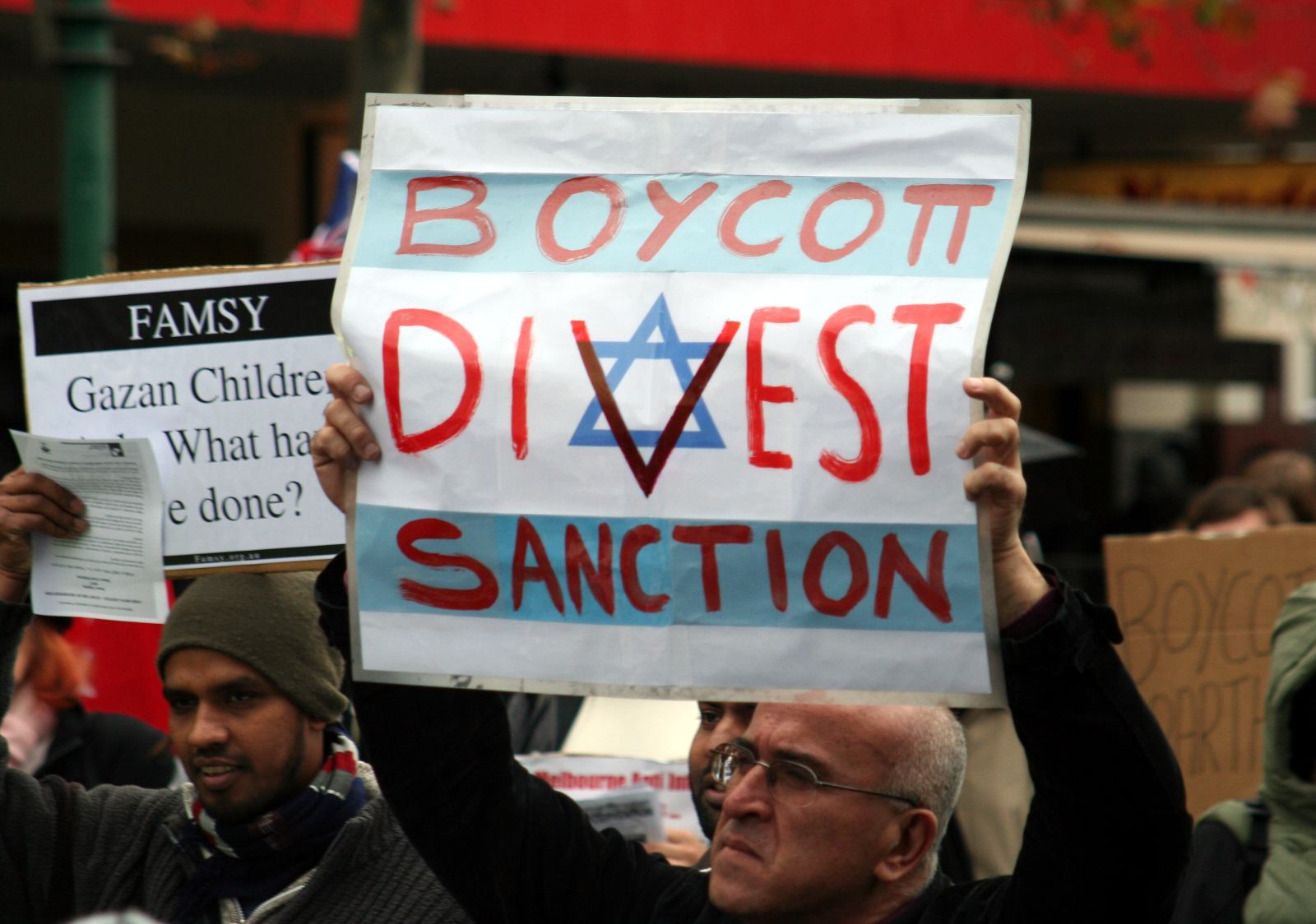This last week marks the one year anniversary of Sussex students voting overwhelmingly for the student union to boycott products from Israel, as part of the Boycott, Divestment and Sanctions (BDS) movement, a peaceful movement with an objective of putting pressure on Israel to end oppression against the Palestinian people. Sharing its one year birthday is the 2015 Israeli parliamentary elections which saw the victorious re-election of the Likud party, headed by Prime Minister Benjamin Netanyahu who ran a Trumpesque campaign based on racial scaremongering and religious division. At the time I voted in favour of this BDS motion, as someone who has had a lifelong passion for the Palestinian cause with an emphasis on peaceful non-aggression tactics, this seemed like a great form of keyboard activism and a positive movement to be a part of. However, in retrospect I look back at this action with deep regret as it becomes apparent that this movement is thoroughly counterproductive and harmful to the Palestinian cause as it empowers the Israeli hard right who are responsible for the regressive policies towards the Palestinian people.
My first major issue with the BDS movement is the way it can be framed by the Israeli hard right to dismiss any criticism of Israel. An ongoing claim of many Israeli hardliners is that all criticism of Israel stems from anti-Semitism and has no rational claim. From a certain perspective it is utterly bizarre how the Sussex student union has only voted to boycott the products of one country in the world, Israel, which happens to also be the only majority Jewish state in the world and one which functions as a democracy. There a hundreds of more authoritarian countries in the world such as China, Iran, Saudi Arabia and Russia that has a worse human rights record and much more of an economic presence on campus than Israel does yet only Israel has been targeted by Sussex campaigns for its oppression. For the Israeli radical right this can be framed as a movement whose main objectives are not peace and equality but anti-Semitism and dogmatic ideology. With this claim any debate over the issue can be shut down and Palestinian rights movements can be ignored.
For many BDS activists they feel like their movement echoes the successful anti-apartheid movement of the 1980s and believe that it will obtain similar triumph as was achieved against the racist South African government. However these two cases are dissimilar with a different social and political paradigm. In the case of South Africa sanctions were successful because the context of the struggle was an oppressed disenfranchised Majority against an elite minority rule and thus the weakening of the apartheid government allowed for the majority to rise up and take back power. The case for Palestine is different as the Palestinians exist as a minority within the Israeli state and so a weakened Israeli government does not ensure a strengthened Palestine and moreover it would enhance the animosity among Israeli’s towards the Palestinian cause if they felt they were being economically targeted. As we have seen in many western democracies as of recent economic demise creates the conditions for far right success, are we to believe this would not be the case in Israel, where vitriolic and racist sentiment towards Arabs is already common place among leading politicians? We can also look to the cases of Iran, Cuba and Saddam Hussein’s Iraq where economic isolation resulted in a strengthening and radicalising of the regime rather than providing an incentive to move towards a liberal democracy, a trend that would most likely continue if it were applied to Israel
Furthermore this leads to a basic moral dilemma over the workers who would be affected by this boycott. The campaign against the company Sodastream resulted in the closure of many of their factories in Israel and Palestine including the job losses of both Israeli and Palestinian workers. For a movement with progressive aims it becomes apparent that the people that are harmed the most are the working class rather than any military figures who are the people enforcing the occupation.
To conclude, while I may criticize the BDS movement as both futile and counterproductive I admire its intentions of social justice and peace and do believe there is a possibility for a more effective solution of supporting peaceful Palestinian organisations rather than targeting Israel because fundamentally solidarity is more successful in opposing oppression than trying to create further division.
Harvey Ryder Belson
Image credit: Takver via Wikimedia Commons


BDS activists have no interest in pressuring for reform in Israel. They would welcome its destruction. The truth is they hate Jews and America and have never met an Islamist they didn’t like.